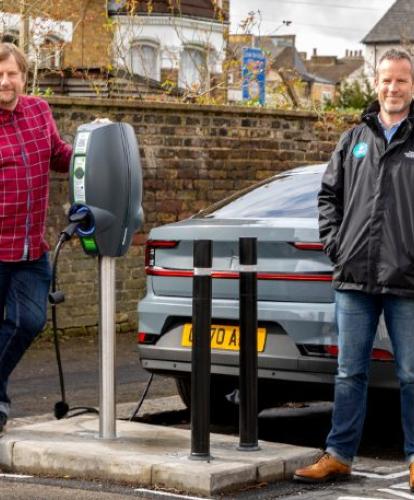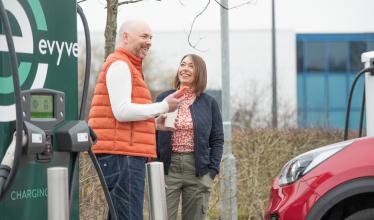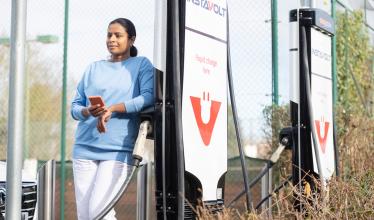Public charge point operator Liberty Charge is calling for a review and reallocation of funding to support increased numbers of dedicated local authority EV infrastructure personnel, following publication of a Local Authority Insight Report which highlights chronic under-resourcing.
The Local Authority Insight Report, commissioned by Liberty Charge, surveys Councillors responsible for the EV infrastructure rollout. It reveals that one third (31%) of local authorities have no formal EV infrastructure plan in place, and almost half (44%) do not expect to complete it within the next three years.
Only 14% have dedicated EV infrastructure resources, and 3% have none at all. On average three people work a collective 15 hours per week each on planning, commissioning and implementation – equivalent to less than half a full-time employee devoted to EV infrastructure rollout.
Local authorities are of course part of the ecosystem involved in creating a public charging network to serve the 11 million households in the UK that have no access to off-street charging. The decarbonization of road transport and achieving the UK Government’s 2035 green-house gas emission targets relies on its success.
It is against this backdrop, and considering the Government’s ambition to install 300,000 public charge points installed by 2030 when the sale of new petrol and diesel vehicles will be banned, that the research was commissioned.
“In March, the Government recognised the need for more dedicated resource. There was positive news of £50 million, in addition to the £450 million LEVI fund, for local authority resourcing. But that won’t be sufficient,” said Neil Isaacson, CEO at Liberty Charge.
“We need to fund the employment of enough people to manage the infrastructure rollout over the course of the next decade. Dividing £50 million over more than a couple of years and across nearly 400 local authorities, you can see it is going to be extremely stretched.”
The report also details the barriers local authorities face in the EV infrastructure rollout, including budgetary issues, regulatory restraints, resident reticence, logistical difficulties, lack of guidance regarding location of charge points and low density of EV ownership. It also drills down into why those factors are seen to be barriers, how views vary regionally and what needs to be done to force a change.
“Sufficient resourcing is essential to keep pace with rising EV ownership, and just as importantly, to inspire confidence in EV adoption. More than 11 million UK households have no access to off-street charging, and they need to see charging infrastructure in place, before considering making the switch,” Isaacson concluded.



